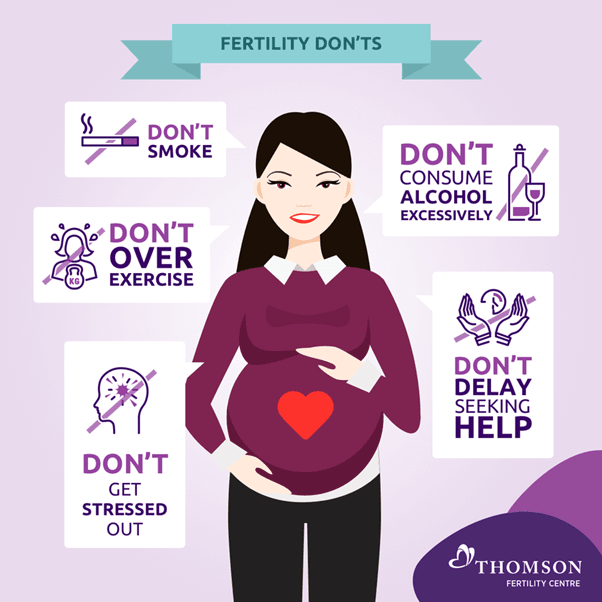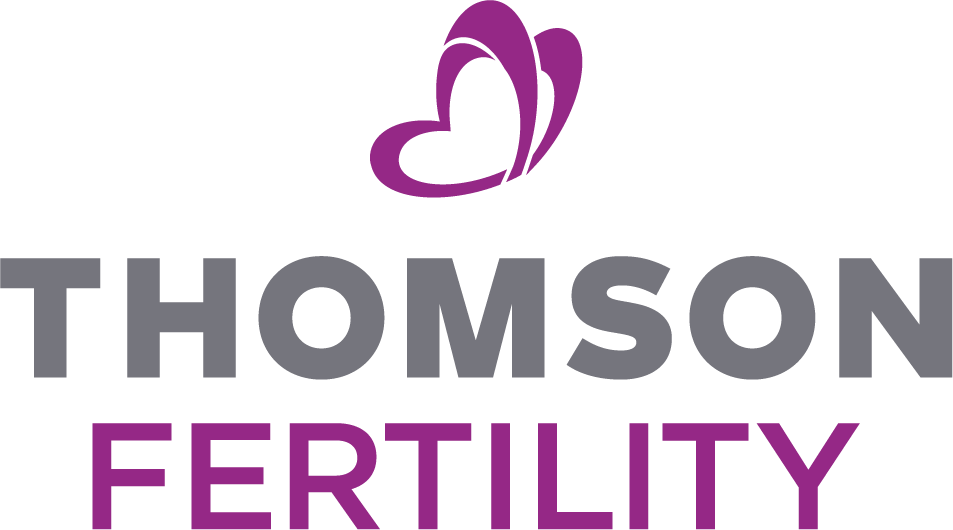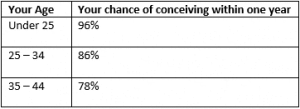For most couples, the instinct to start a family is the most natural thing in the world. So, when couples trying for a child run into problems, they can become anxious and even confused over what their next course of action should be.
It is important for each couple to understand that their difficulty in conceiving or in achieving live birth is a result of a unique set of circumstances. Therefore, the chances of fertility treatment success varies widely amongst even similar demographics (such as age and gender). The success of assisted reproductive treatment depends on many factors.



